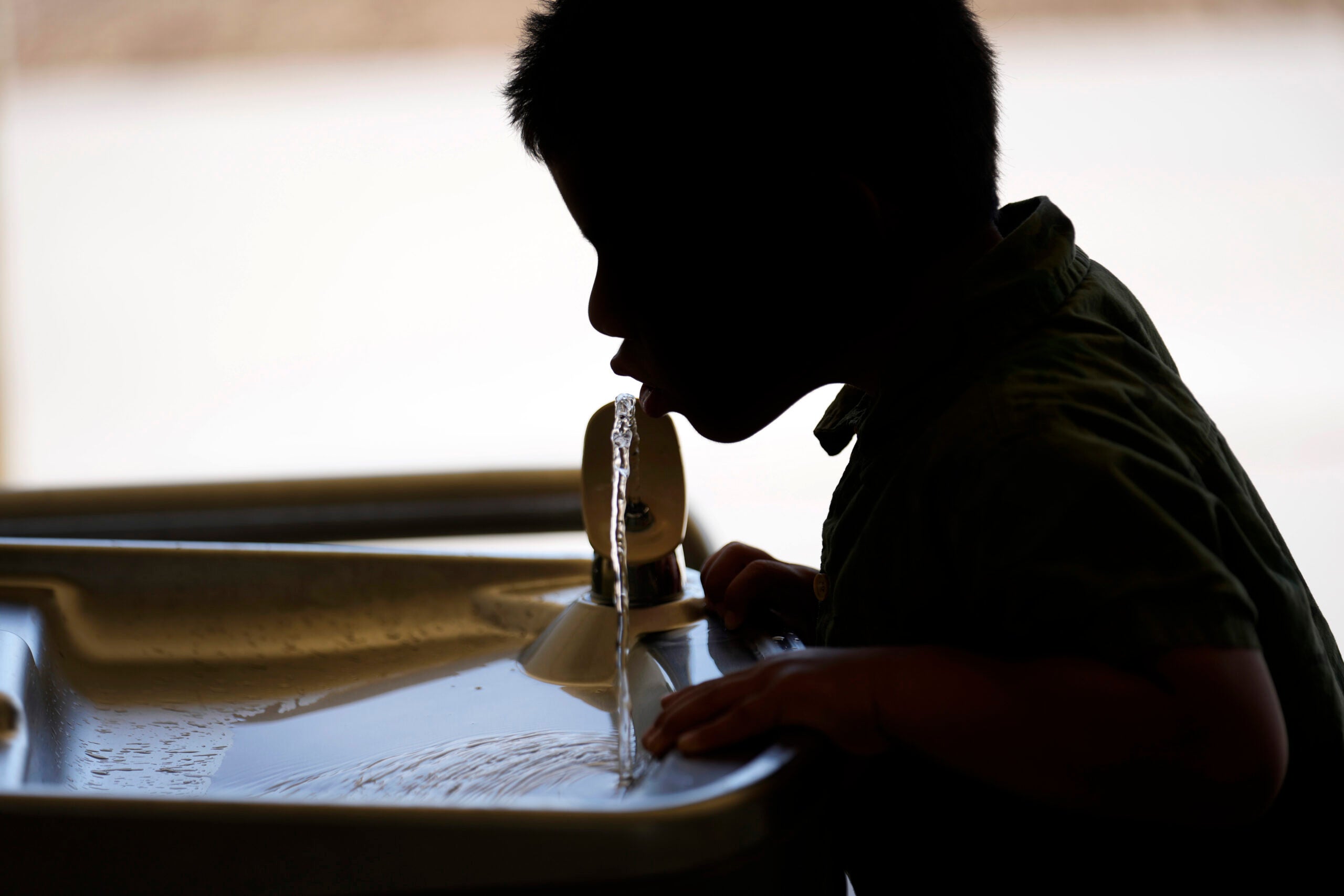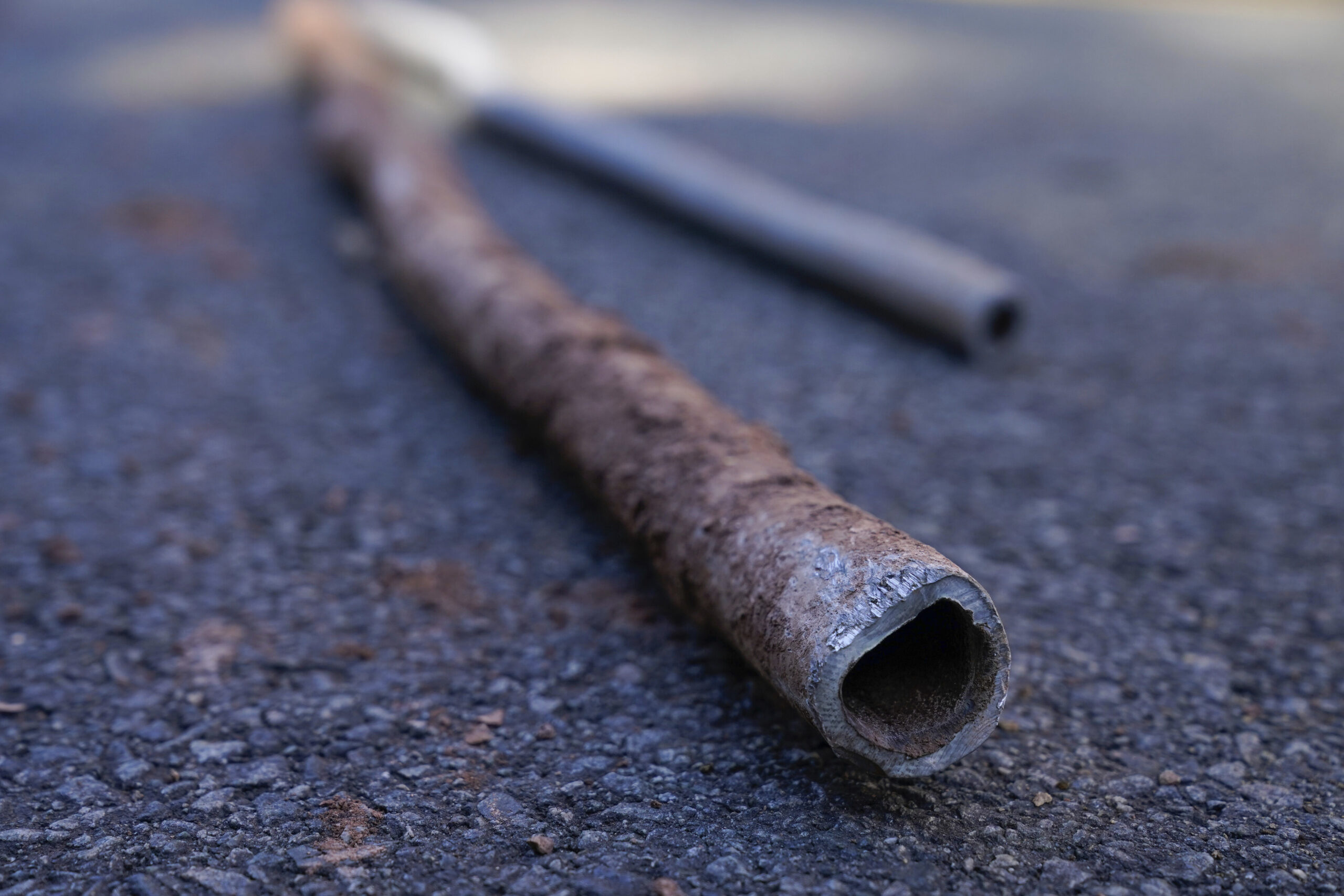Federal health officials recently lowered the recommended level of fluoride in drinking water, but Wisconsin is ahead of the curve: It already lowered its recommended levels a couple years ago, and some communities are choosing to go without.
Federal authorities haven’t changed recommended fluoride levels in drinking water since 1962. Fluoride helps prevent tooth decay but nowadays there are more ways to get it, such as through toothpaste and mouth rinses.
Karen McKeown, administrator of the Wisconsin Division of Public Health advises communities should still use fluoride.
Stay informed on the latest news
Sign up for WPR’s email newsletter.
“One community here or there may move in a different direction, but overall it’s remained level,” said McKeown. “And we’re very pleased with that because fluoride is one of the best and cheapest ways to protect teeth, and it’s also very safe.”
Fifteen Wisconsin communities with public water systems have rejected fluoridation for various reasons.
The most recent was Montello in Marquette County. In February, the city’s common council decided to stop adding fluoride to its water. Public Works Director Michael Kohnke said the decision was based on cost and the staff time required for sampling. Plus, he said, the new fluoride levels are so low, people can get enough through toothpaste.
“You’d have to drink a lot of water in order to benefit what you’d get even brushing your teeth just once a day,” Kohnke said.
The state of Wisconsin does not mandate fluoridation. Local governments can begin or discontinue fluoridation at their discretion, or by a referendum vote.
Wisconsin Public Radio, © Copyright 2024, Board of Regents of the University of Wisconsin System and Wisconsin Educational Communications Board.




